Join my community and receive my free ebook! Subscribe now >>
The Impact Of Heart Disease And Women Of Color!
High Blood Pressure Wellness Lifestyle Podcast, Episode #78
Welcome to our podcast episode focused on Heart Disease and Women of Color. Today, we delve into the critical yet often overlooked topic of how heart disease uniquely impacts women of color. Despite advancements in medical research and awareness, this group continues to face significant disparities in diagnosis, treatment, and outcomes.
Join us as we explore the underlying factors contributing to these disparities, highlight the voices and experiences of those affected, and discuss pathways to ensure better heart health for women of color.
Mentioned In This Episode - Personalized Stress Management Coaching
I want to extend a personal invitation to you, if you’re looking to take proactive steps in managing your heart health, particularly around stress and its impact on blood pressure, consider enrolling in my personalized coaching program.
Stress is a significant factor that can lead to high blood pressure, a major risk factor for heart disease. My coaching program focuses on understanding these stressors unique to your life and equipping you with effective strategies to manage them.
In the program, you’ll find:

- Personalized Stress Management Techniques: Tailored methods to help reduce daily stress, which in turn can lower your blood pressure and improve overall heart health.
- Educational Resources: Learn about the connection between stress and heart health and explore tools designed to empower you.
- Ongoing Support: Continuous guidance and encouragement to help you stay on track with your heart health goals.
I believe that with the right support and information, you can transform your stress management into a powerful tool for better heart health. To learn more and take the first step towards a healthier heart, visit Your Health Your Way Customized Coaching to Achieve Your Unique Goals or contact me directly at Donna@info-on-high-blood-pressure.com.
Remember, your journey to better health starts with a single step. Thank you for tuning in, and I look forward to supporting you on this path."
Subscribe To These Episodes
Apple Listen on Apple Podcasts Spotify Listen on SpotifyHigh Blood Pressure Wellness Lifestyle Mission
Welcome to the High Blood Pressure Wellness Lifestyle Podcast, where your journey toward a healthier, more vibrant life takes center stage. I'm Donna Williams, your host and guide, Certified Holistic Health Coach, and passionate advocate for transforming lives through mindful, practical approaches to health.
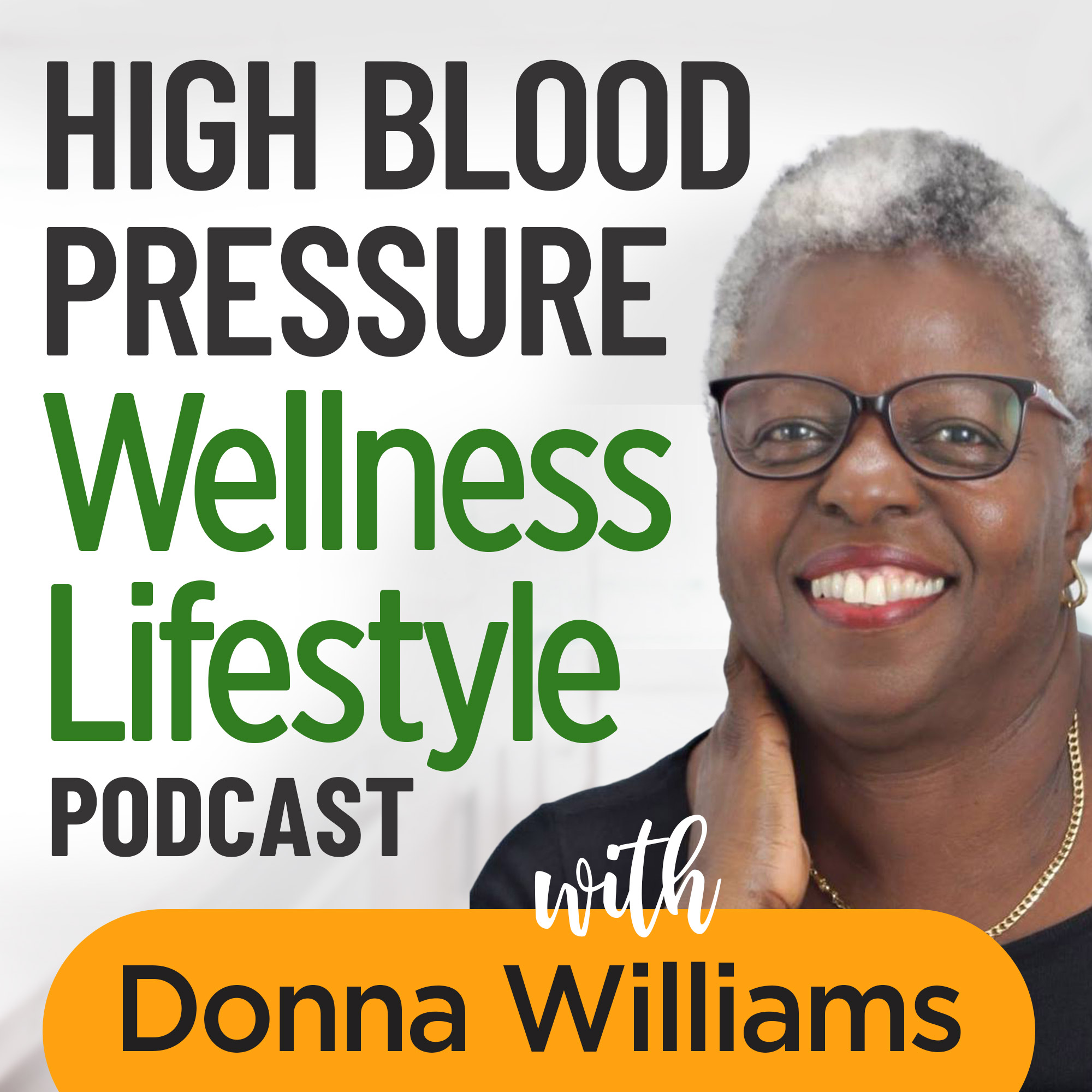
We specialize in guiding and empowering women of color to prevent, manage, and conquer high blood pressure and other chronic diseases. Through our comprehensive online resources and personalized coaching, we offer effective, mindful eating programs and blood sugar management strategies that focus on long-lasting lifestyle changes, rather than short-term fixes.
We're passionate about turning wellness into a way of life, ensuring vibrant health is accessible to everyone we work with. Let's connect and explore how holistic health coaching can enrich your life.
Heart Disease and Its Impact on Women of Color Podcast, Episode #78 Transcript!
Today, we kick off our Heart Health series with an eye-opening look into Heart Disease and Its Impact on Women of Color. Did you know that heart disease is the leading cause of death for women in the United States? More alarmingly, women of color, particularly Black women, are disproportionately affected by this silent killer.
So I say…give your heart a moment of mindful care. Although this amazing machine called heart is only the size of a fist, this magical machine not only beat tireless, but keep us alive and is also the emotional center of our joy, love and connections.
A happy heart is a healthy heart that moves us through the seasons of life.
Having a strong heart healthy lifestyle is possible now more than ever. High blood pressure affects nearly half of the world's population, with all its risk factors and consequences increasing. While there are now medical advances that repairs clogged arteries, and to even replacing the entire failing heart.
Mitigating all these risk factors and achieving a healthy heart is easy. There’s a mountain of research that states simple lifestyle changes, like revamping the preparation of the foods you enjoy - nothing drastic, can prevent eighty percent of these deaths.
Welcome to the Heart Health Series of High Blood Pressure Wellness Lifestyle podcast, where we delve into topics critical to our well-being and longevity, and I'm delighted to guide you through this important conversation on heart disease and women of color!

Compelling Statistic:
According to the American Heart Association, Black women have a nearly 60% higher risk of heart disease compared to their white counterparts. Imagine three women standing alongside you, and statistically, you're more likely to know one who will face heart-related challenges.
This is not just a series of numbers; it's a call to action.
Heart Disease and Women of Color
In today's episode, we'll explore why this disparity exists, examine the social determinants fueling such outcomes, and hear directly from experts in the field. We'll close with empowering solutions to inspire you toward a heart-healthy journey.
Understanding Heart Disease In Women of Color!
First, let’s define heart disease. It refers to a range of conditions affecting the heart, including coronary artery disease, heart attacks, and heart failure. Each of these can have tremendous impacts on health, well-being, and quality of life.
Specific Impact on Women of Color!
But why are women of color more affected? There are a multitude of interconnected causes. Genetics may play a role, but environmental and lifestyle factors are significant contributors. Historical contexts of marginalization have long-term effects traceable through generations.
To put this in perspective, 49% of Black women over the age of 20 have heart disease. I didn’t know this until I started doing this research. I thought it was over the age of 40.
But let’s think about the community implications: mothers, sisters, daughters. Take, for instance, the story of Lisa, a 45-year-old Black woman who suffered a heart attack without prior symptoms, a frightening reality faced by many.
Her story reminds us of the unseen vulnerabilities many women endure.
Social Determinants of Health
Now, let's switch gears to discuss social determinants of health, those non-medical factors greatly affecting heart health outcomes.
We'll start with Economic Instability: Where many women of color often face economic instability, which limits access to quality healthcare, nutritious food, and safe exercise environments. A lower income can mean fewer resources to manage health proactively.
Then there's Education Access and Quality: Education is a powerful tool, impacting health literacy and the ability to access necessary healthcare resources. Unfortunately, systemic barriers often limit educational opportunities for women of color, tangentially affecting their health outcomes.
Healthcare Access:
I'm inviting you to join my Overcoming HBP newsletter where just this week we talked about and provided the link to a new innovative treatment. Recently, a new treatment called Triple T, which stands for Targeted Thermal Therapy, this minimally invasive procedure uses ultrasound-guided radio frequency ablation to precisely target adrenal nodules, a common cause of high blood pressure.Initial trials have shown promising results, offering a safe and effective alternative to surgery and long-term medication. This could potentially spare millions from invasive procedures and the side effects of lifelong medication.
Many face disparities in healthcare access as well. And I have faced quite a lot of them. Systemic racism and implicit biases can result in lower-quality care or even dismissal of symptoms. I remember Oprah Winfrey stating going to the hospital one day about a symptom and returning the following day because what she was previously told didn’t sit well with her and she strongly felt something else was wrong.
The second time she returned she took along an advocate, a white male who happens to also be a doctor, with her. That was when she was taken seriously and was proven right in her instinct.
So when we say Black women, for example, who are 40% more likely to die from heart disease but are often underrepresented in the studies guiding treatments, we are speaking our truth through our experiences.
Community and Social Content:
HBP Wellness Lifestyle podcast is strong on social support networks, neighborhood safety, and exposure to chronic stressors such as discrimination all blend to affect overall heart health.
Consider for a moment how a tight-knit community can uplift, or a stressful environment can weigh down one's health. No wonder the impact of heart disease and women of color is so rampant.
Personal Story Sharing
Today I want to bring awareness into real-world stories and community-driven solutions. Through these narratives, I hope to shed more light on the lived experiences of women of color confronting heart disease.
Let's start with a story from Maria, a Latina mother of three, who experienced a heart attack at 38. Maria's journey highlights the challenges many women faces, such as recognizing subtle symptoms and navigating healthcare systems with limited English proficiency.
Maria shared that she initially ignored her symptoms, attributing them to stress and fatigue. It wasn’t until she fainted at work that she sought medical attention.
Her story is a powerful reminder of the importance of listening to our bodies.
Community Initiatives:
Let's talk for a moment about community initiatives and there are a lot of them all over this country and probably in yours also there are numerous inspiring community initiatives making a significant impact.
For instance, in South Florida, there's a non-profit organization called 'Heart Sistas'. Their founder, Hyvelle Ferguson-Davis mission is to provide a variety of services and programs and envisions a world where all families, particularly those in under-served and under-represented communities, are empowered to choose healthy living by modifying their cooking and everyday lifestyle without losing their cultural identity.
That mission statement I totally connect to and agree with since I make sure my online programs adhere to my clients' cultural identities.
Empowerment and Inspiration

These stories and initiatives remind us of the resilience in our communities. While heart disease poses a dire threat, awareness, education, and community support can pave the way to better health outcomes.
Take Steps for Your Personal Advocacy: Start by scheduling regular check-ups, knowing your numbers, I am talking about what’s normal for blood pressure, cholesterol, and glucose, and advocating for yourself in healthcare settings. Small changes in diet and exercise can set the stage for a healthier life.
Be proactive about your health. This could mean monitoring your blood pressure, fostering supportive communities, or advocating for your needs with healthcare providers.
Summary of Discussion
What we've learned today is empowering. Despite the challenges, there are paths forward. From community programs that make healthcare more accessible to personal lifestyle changes, the opportunities for improvement are within reach.
We delved into the disproportionate impact of heart disease and women of color, understood why these disparities exist, and learned about actionable solutions.
Today, we focused on the impact of heart disease among women of color, highlighting community-driven solutions, and I'm hoping these stories inspire you to take charge of your heart health journey.
Closing Remarks and Call To Action:
As we wrap up today's episode, I encourage you to join the movement, the movement of preventing the impactful rise of heart disease and women of color. Share this episode, invite friends into the conversation, and take concrete steps toward improving heart health in your community.
High Blood Pressure Wellness Lifestyle podcast next Episode will be about ‘Understanding the Number One Killer’ where I’ll explain what cardiovascular disease is and its various forms, share personal stories from survivors and families affected and discuss myths and misconceptions about heart disease.
Looking forward to having you there. So, join us next time as we explore practical, everyday lifestyle changes to boost heart health. Remember, each step taken is a step toward a healthier heart.
Thank You and Goodbye:
Thank you for joining us today. Your time and attention are valued, and together, we can make strides in combating heart disease. Until next time, take care of yourself and your loved ones.
Return from Heart Disease and Women of Color to HBP Wellness Lifestyle Podcast
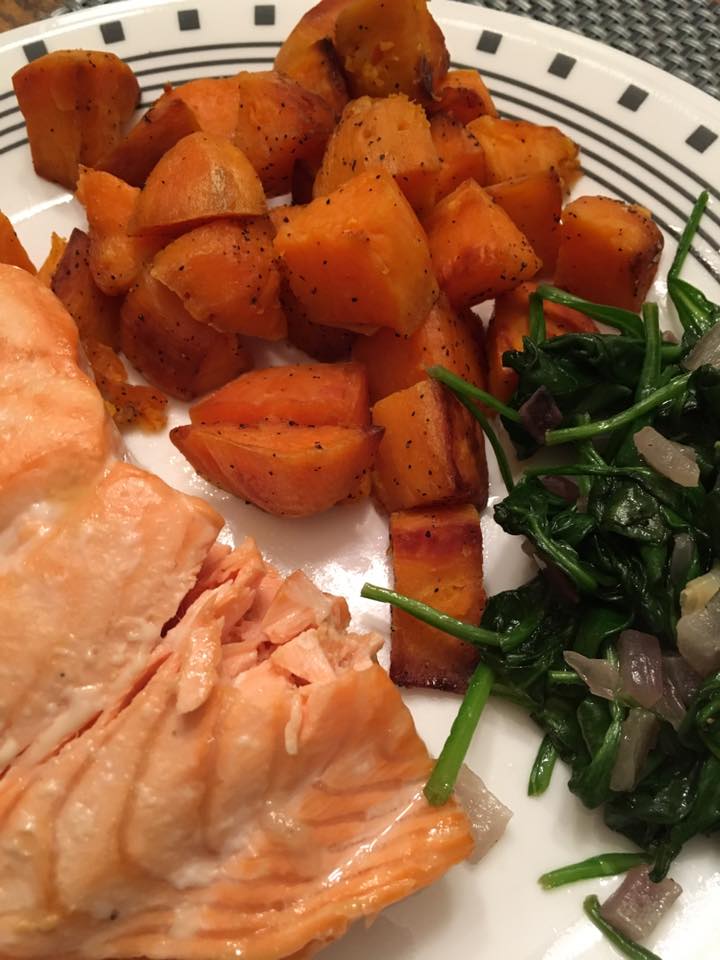
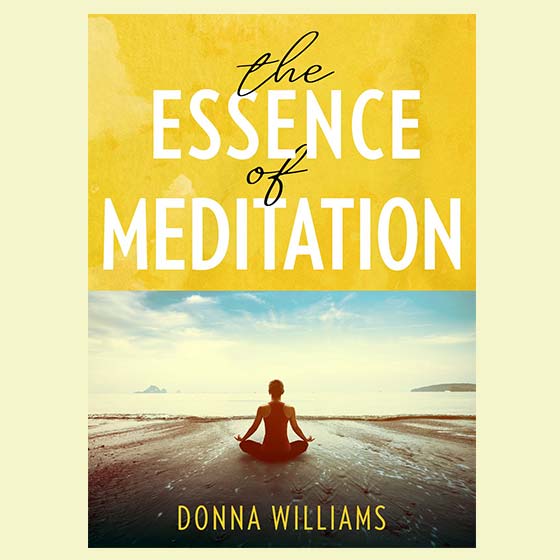
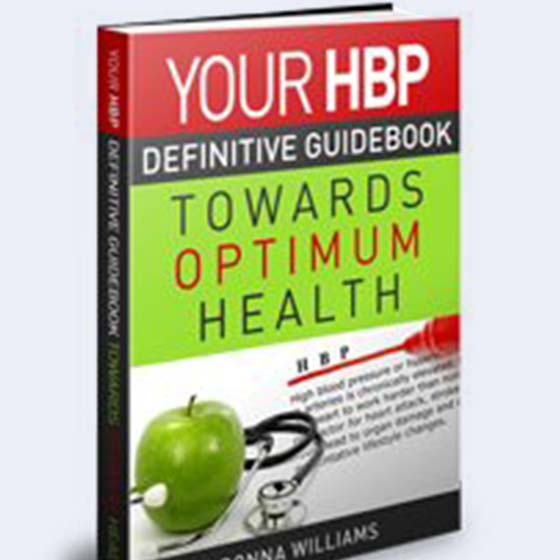


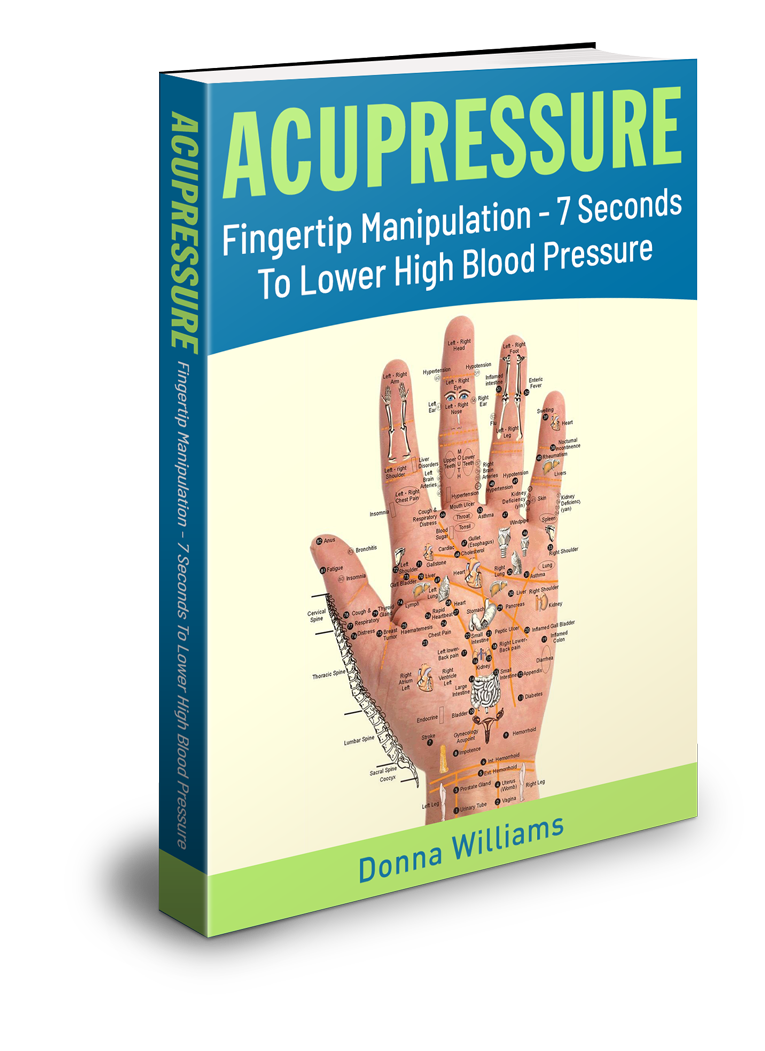
New! Comments
Have your say about what you just read! Leave me a comment in the box below.